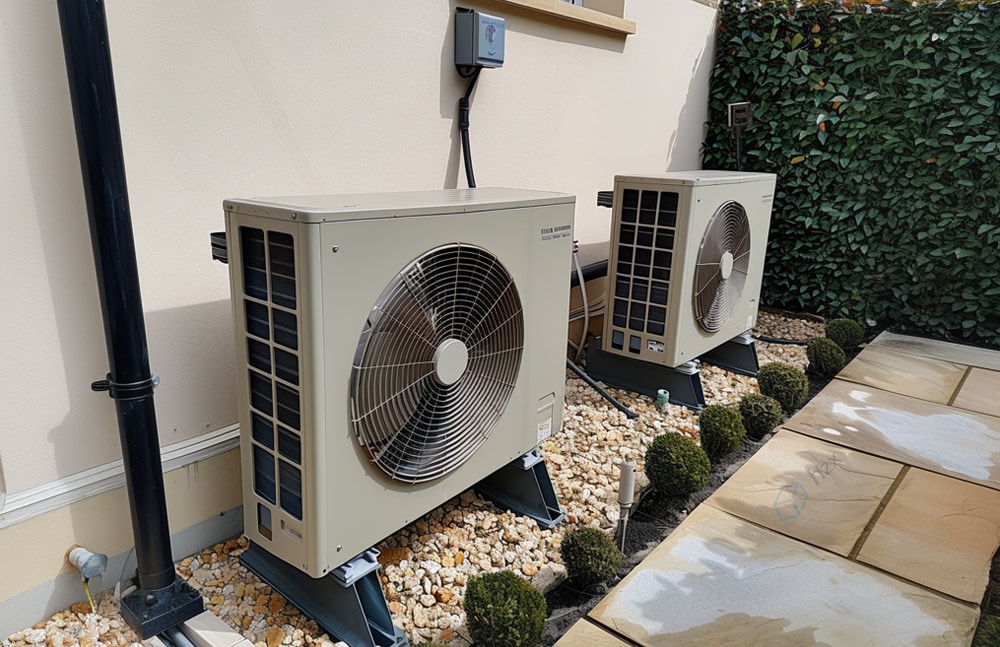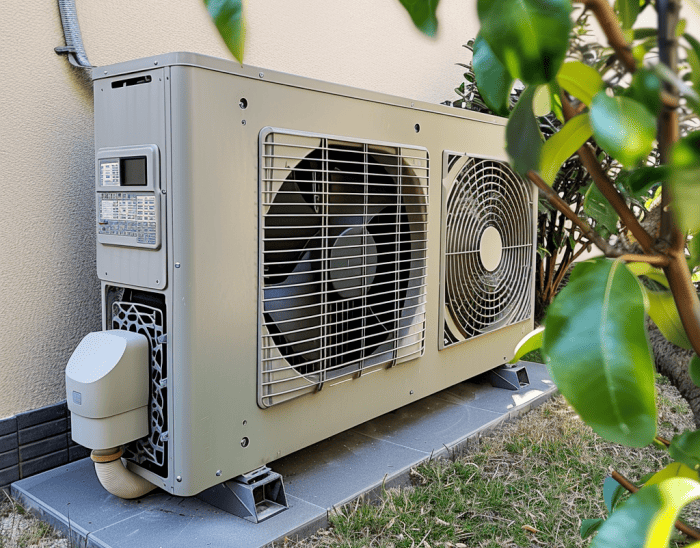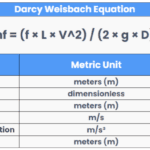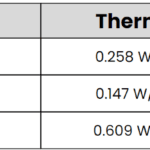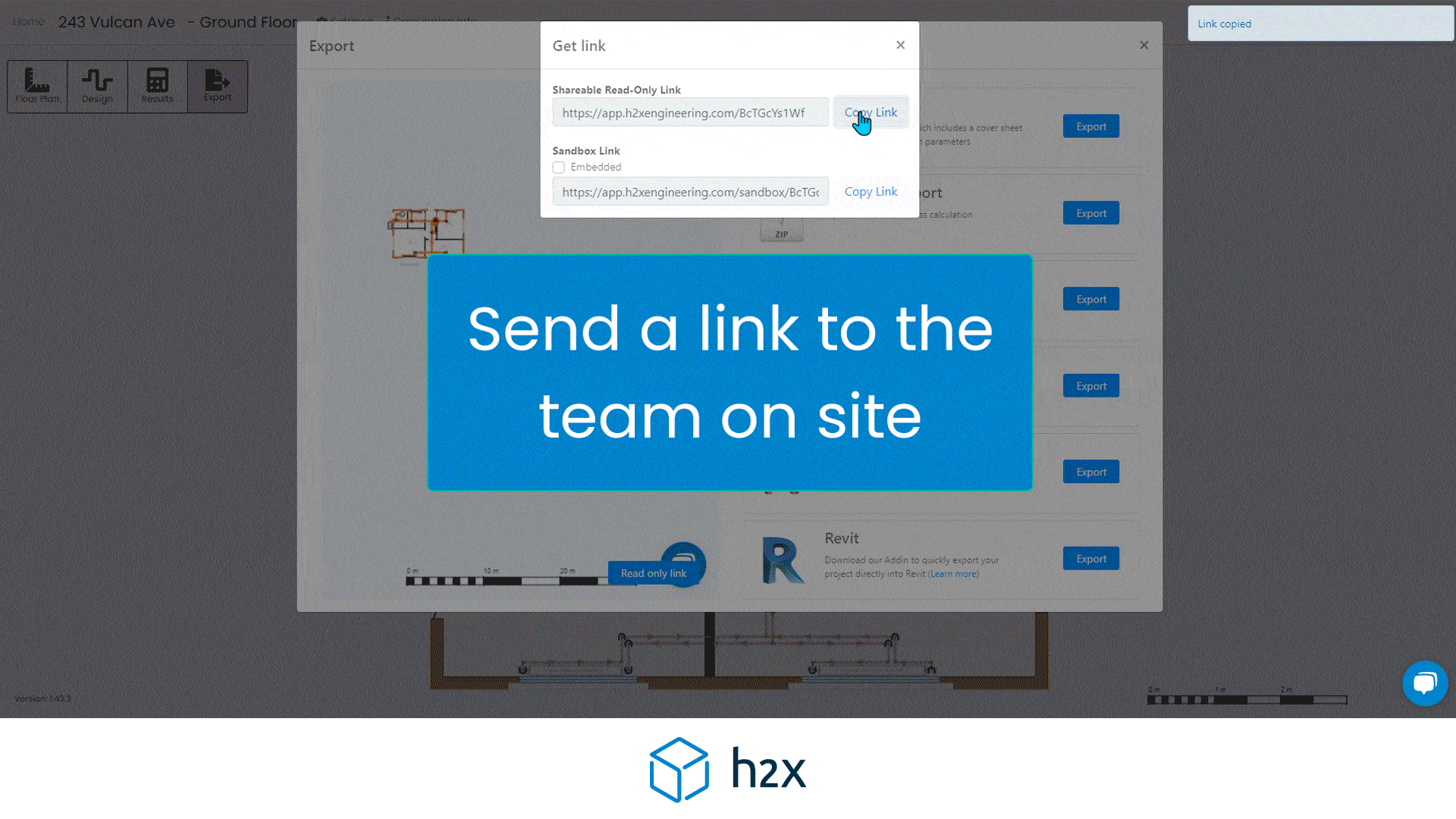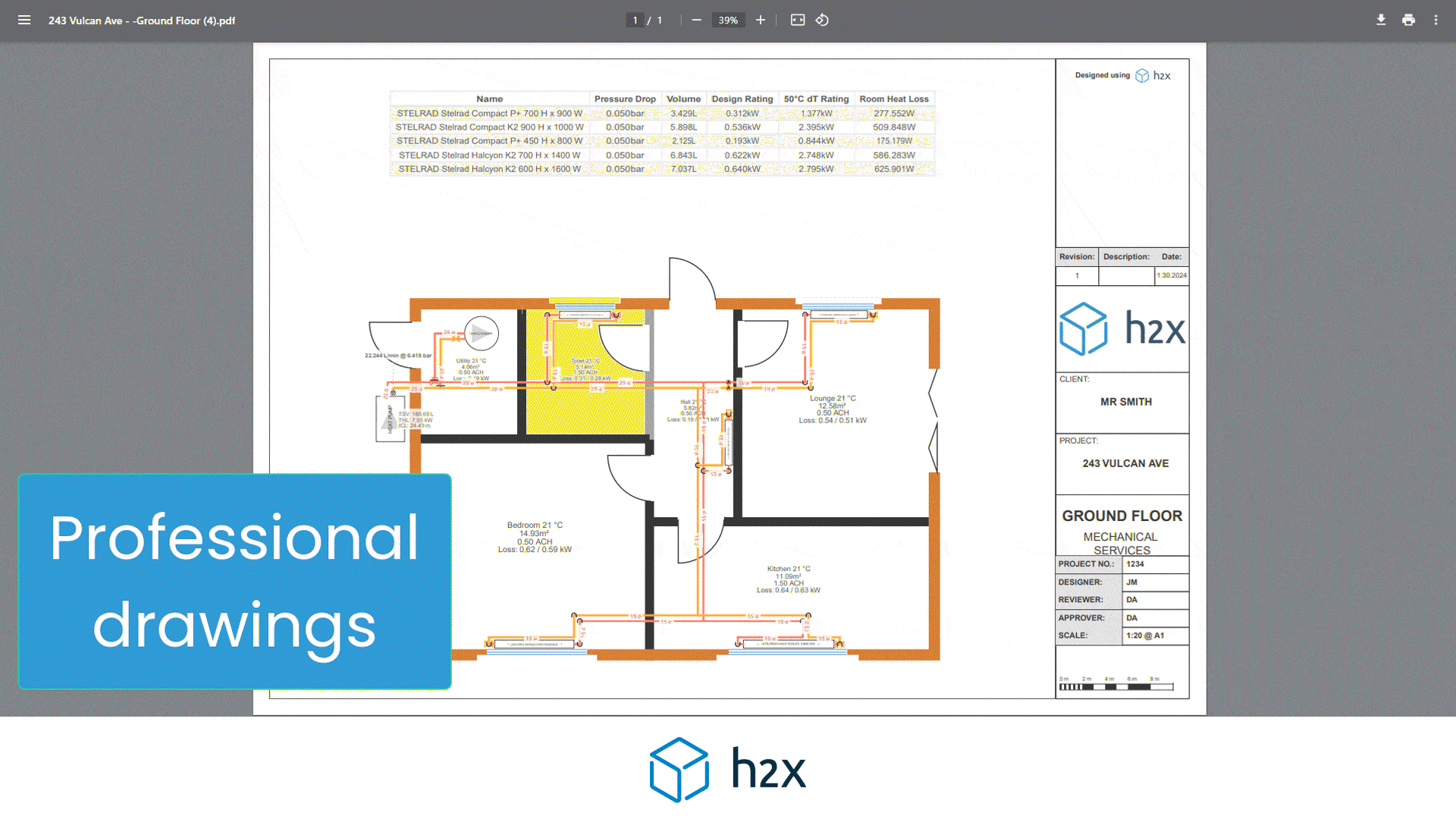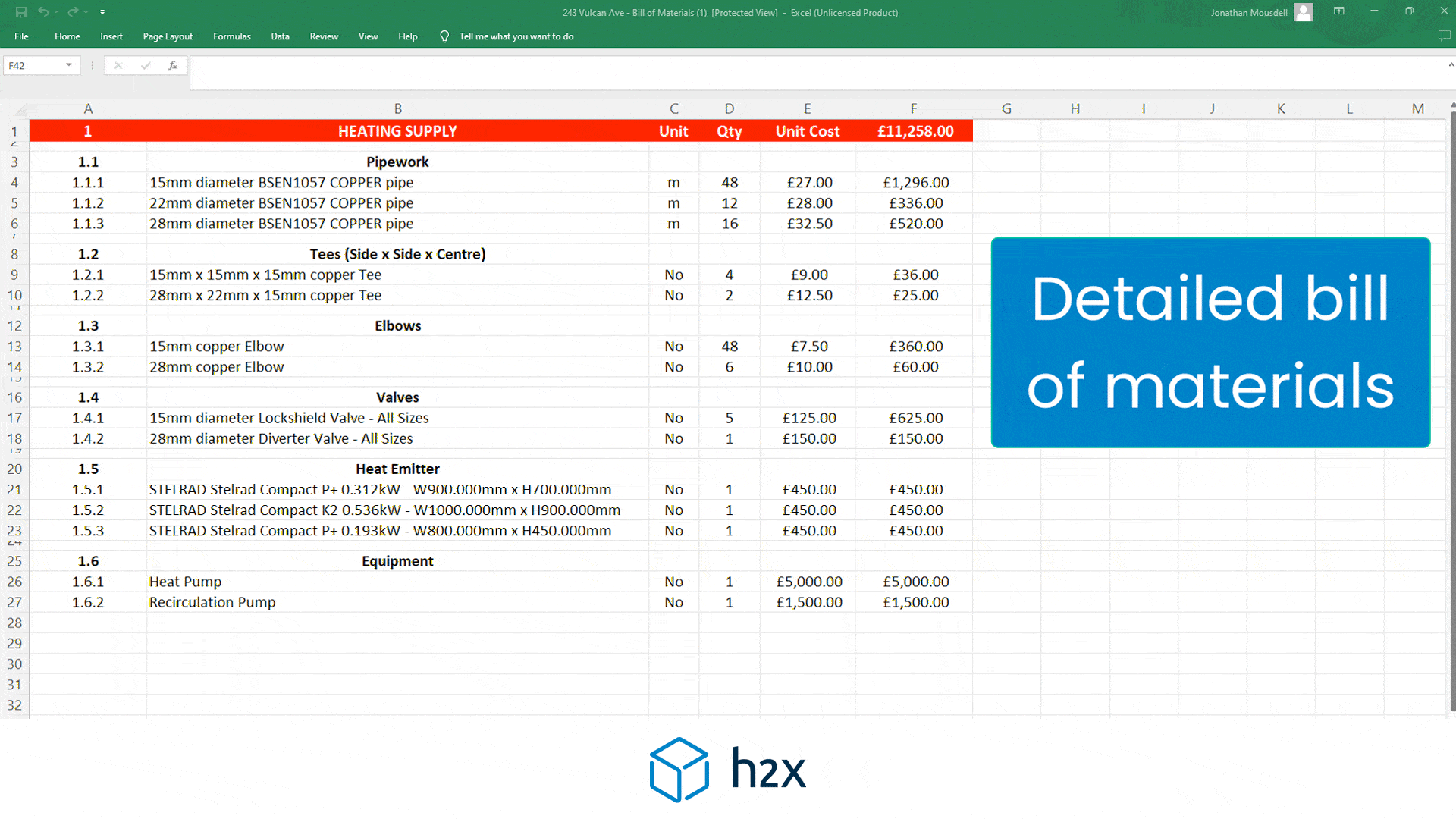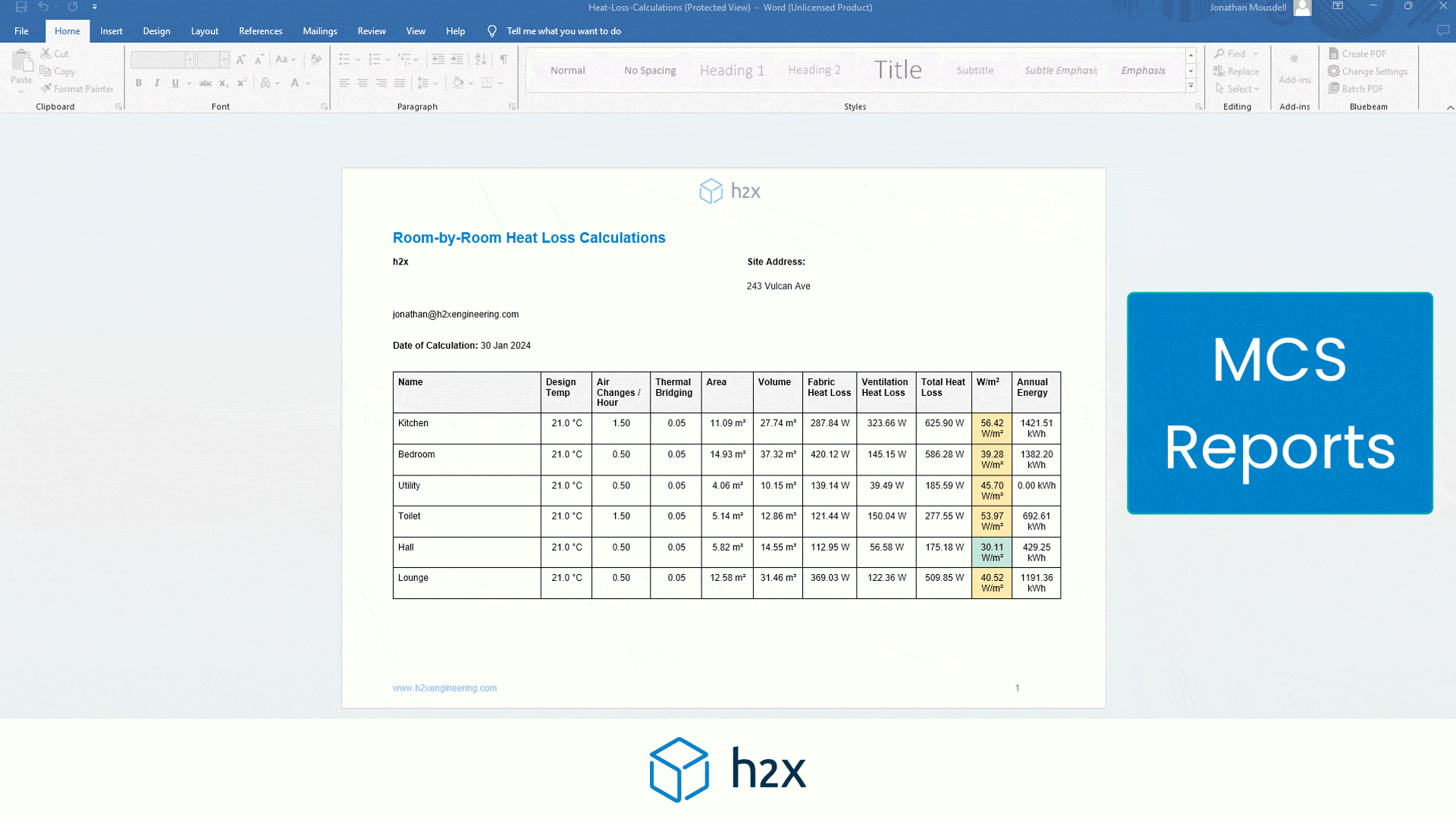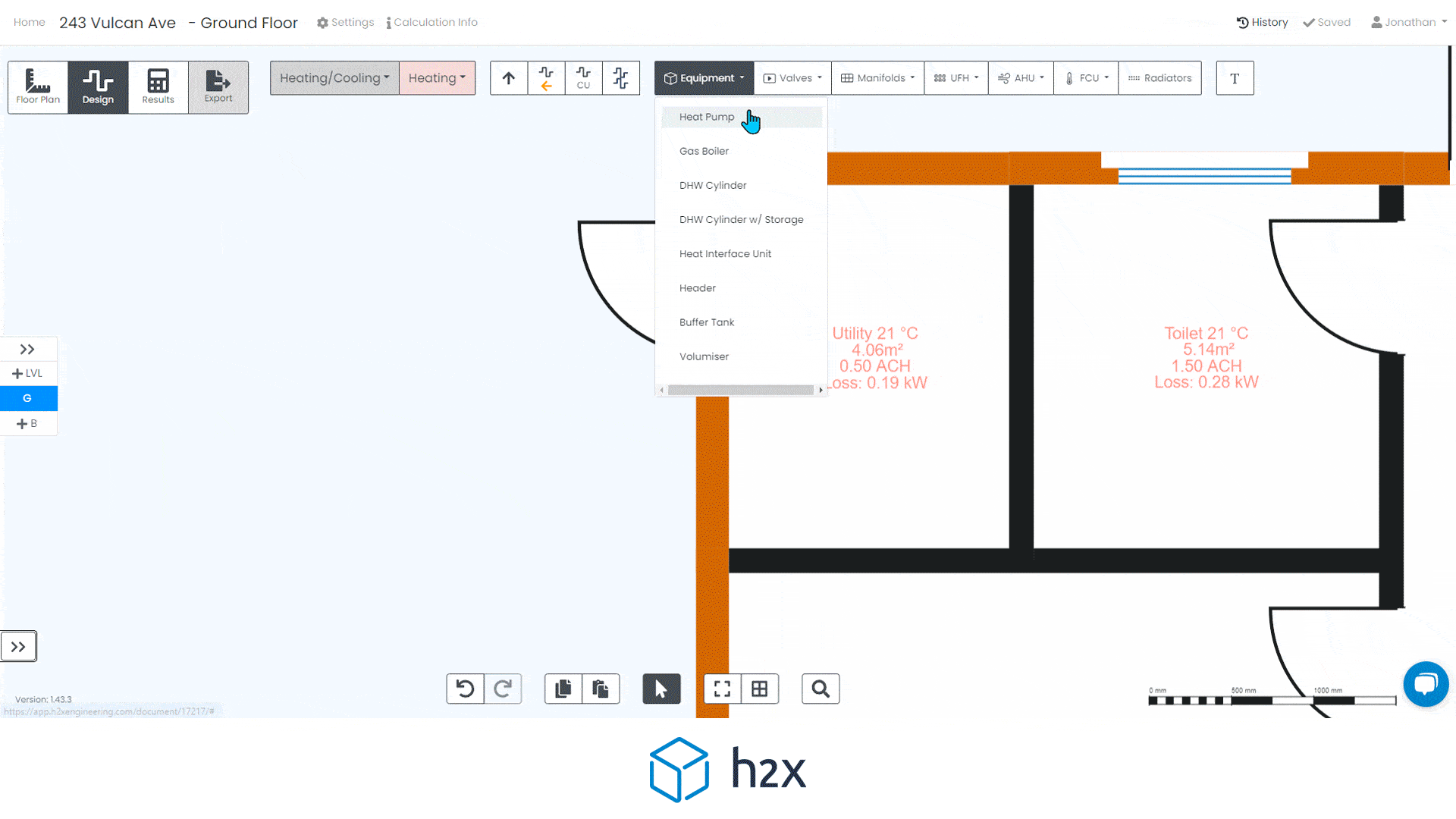
How Do Air Source Heat Pumps Work?
Find out how air source heat pumps work, their costs, benefits, and much more. Learn if they are the right heating and cooling solution for your home today!

Introduction
Air source heat pumps are transforming the way we think about home heating and cooling.
These innovative systems harness the ambient air’s energy to provide efficient and sustainable temperature control for your home.
Whether you’re interested in reducing your carbon footprint or cutting down on energy bills, an air source heat pump system offers a versatile and eco-friendly solution.
Below, you can read all about the fascinating world of ASHPs and discover how they work, their benefits, and whether they’re the right fit for your home.
What Is An Air Source Heat Pump
An air source heat pump (ASHP) is a device that transfers heat from the outside air to the inside of a building, or vice versa, depending on the season.
Unlike a traditional heating system that generates heat through combustion, heat pumps move existing heat from one place to another.
This process makes them incredibly energy-efficient and environmentally friendly.
There are two main types of air source heat pumps: air-to-air and air-to-water.
An air-to-air heat pump provides rapid temperature adjustments, delivering warm or cool air directly into your home.
Air-to-water heat pumps, on the other hand, heat water that can then be used for central heating, underfloor heating, or even hot water supply.
This flexibility makes an air source heat pump system a popular choice for both new builds and retrofits.
How Do Air Source Heat Pumps Work
Understanding the operation of an air source heat pump involves a bit of science, but don’t worry-it’s simpler than you might think!
At the heart of an ASHP is a refrigeration cycle, similar to what’s in your refrigerator or air conditioning units.
The process begins with the evaporator coil, which absorbs heat from the outside air.
This heat is then transferred to a refrigerant fluid, which evaporates at low temperatures.
Next, the now-gaseous refrigerant passes through a compressor, increasing its temperature and pressure.
This high-temperature gas then flows through a condenser coil, releasing its heat into the home’s heating system.
Finally, the refrigerant cools down and returns to a liquid state, ready to start the cycle again.
This continuous loop efficiently transfers heat from the outside air into your home, even on chilly days.
Air Source Heat Pump Pros And Cons
Every technology has its strengths and weaknesses, and air source heat pumps are no exception.
ASHPs are incredibly energy-efficient, often providing three to four times more heat than the electrical energy they consume.
This efficiency translates into significant savings on energy bills.
Additionally, they are environmentally friendly, reducing greenhouse gas emissions compared to fossil fuel-based systems.
However, there are some downsides to consider.
The initial installation cost of an air source heat pump can be higher than traditional heating systems, although this can be offset by lower running costs and government incentives.
Moreover, their performance can be less effective in extremely cold climates, which might necessitate a supplementary heating system.
Despite these potential drawbacks, the long-term benefits often outweigh the initial challenges.
Are They Noisy?
One common concern about air source heat pumps is noise.
It’s true that older models could be quite loud, with some units producing a noticeable hum.
However, modern ASHPs are designed to be much quieter.
Advances in technology and better insulation have significantly reduced the noise levels, making them comparable to standard home appliances like refrigerators.
The noise level also depends on the heat pump installation location.
Placing the external unit in a well-chosen spot, away from windows and neighbors, can mitigate potential disturbances.
Regular maintenance can also ensure that the system operates smoothly and quietly.
Overall, noise should not be a major deterrent when considering an air source heat pump for your home.
Can They Cool?
If they are set up correctly with the right parts, one of the fantastic features of air source heat pump systems is their ability to provide both heating and cooling.
In summer, the process reverses: the heat pump extracts heat from inside and releases it outside, effectively cooling your home.
This dual functionality makes ASHPs a versatile solution for year-round climate control.
Switching between heating and cooling means you get a consistent and comfortable indoor environment throughout the year.
It’s like having an air conditioner and heater rolled into one, simplifying your home’s HVAC system and potentially saving you money on separate installations and maintenance.
Typical Use Case Of An ASHP
Air source heat pumps are incredibly versatile and can be used in a variety of settings.
They’re perfect for residential use, especially in homes looking to reduce their reliance on fossil fuels.
New constructions often incorporate ASHPs for their efficiency and environmental benefits, while older homes can retrofit these systems to replace or supplement existing heating solutions.
Beyond residential applications, ASHPs are also gaining popularity in commercial and public buildings.
Schools, offices, and even shopping centers can benefit from the efficient heating and cooling provided by these systems.
In regions with moderate climates, where extreme cold weather is rare, ASHPs are particularly effective and can provide substantial energy savings year-round.
How Much Does An Air Source Heat Pump Cost
The cost of installing an air source heat pump can vary widely based on factors like the size of your home, the type of system, and the complexity of the heat pump installation.
On average, you can expect to pay between £6,000 to £12,000 in the UK, $7,000 to $11,000 in the USA, and $10,000 to $20,000 in ANZ.
While this might seem steep compared to conventional heating systems, it’s essential to consider the long-term savings on energy bills and potential government incentives.
Additionally, maintenance costs for air source heat pumps are relatively low.
Regular checks and servicing ensure the system runs efficiently and prolong its lifespan.
When evaluating the heating costs, it’s also worth considering the environmental benefits and potential increase in property value that comes with installing a modern, eco-friendly heating system.

ASHPs In Software Like h2x
In the digital age, software tools like h2x are revolutionising the way we design and install heating systems, including air source heat pumps.
These system design tools allow engineers and designers to simulate and plan the installation process with high precision.
By using advanced modeling and data analysis, h2x helps in optimising the placement, sizing, and performance of ASHPs.
This technology tailors the heat pump system to the specific needs of the building in alignment with MCS (Microgeneration Certification Scheme), enhancing efficiency and effectiveness.
It also allows for easy adjustments and troubleshooting, ensuring that any potential issues are addressed before installation.
The integration of software in the planning process makes adopting ASHPs more accessible and reliable than ever before.
Book a demo or start a free trial with h2x today to see how we can help improve your designs and calculations!
Conclusion – Are Air Source Heat Pumps Any Good?
In conclusion, an air source heat pump offers a compelling mix of efficiency, versatility, and environmental benefits.
They represent a significant advancement over a traditional heating system, providing both heating and cooling in an energy-efficient manner.
While the initial cost can be higher, the long-term savings and potential government incentives often make them a wise investment.
Whether you’re looking to reduce your carbon footprint, lower your energy bills, or simply enjoy a more comfortable home environment, ASHPs are worth considering.
With modern advancements and supportive technologies, these systems are more accessible and effective than ever.
So, are air source heat pumps any good? Absolutely, and they might just be the perfect solution for your home.
Learn all about Hybrid Heat Pumps here.
FAQs
How does an air source heat pump work?
An air source heat pump works by transferring heat from the outside air to the inside of a building using a refrigeration cycle.
It absorbs heat from the air, compresses it to increase the temperature, and then releases it inside to heat your home.
Are air source heat pumps expensive to run?
No, air source heat pumps are generally not expensive to run.
They are highly efficient, often providing three to four times more heat than the electrical energy they consume, which translates into lower energy bills.
How much is an air source heat pump?
The cost of an air source heat pump in the UK ranges from £6,000 to £12,000, depending on the size and complexity of the system and installation.
Can air source heat pumps cool your home?
With the correct parts, air-source heat pumps can cool your home.
In the summer, the system can reverse its operation, extracting heat from inside your home and releasing it outside, effectively acting as an air conditioner.
What are the benefits of ASHPs?
Benefits include high energy efficiency, low carbon emissions, dual heating and cooling capability, and potential long-term savings on energy bills.
How do air source heat pumps compare to ground source heat pumps?
An air source heat pump is generally easier and less expensive to install than ground source heat pumps.
However, ground source heat pumps can be more efficient in extreme temperatures.
The best choice depends on your specific needs and location.
What maintenance do ASHPs require?
Regular maintenance includes checking the system for any debris, ensuring the refrigerant levels are correct, and having a professional service the system annually to keep it running efficiently.
Can an air source heat pump work with a hot water cylinder, gas boilers and underfloor heating while providing cooling and low maintenance?
Yes, ASHPs can integrate with gas boilers and a hot water cylinder for hybrid systems, enhancing efficiency and reliability.
These systems are compatible with underfloor heating for even warmth distribution.
Additionally, they can operate in cooling mode during summer.
They are known for their low maintenance requirements and reduced energy use, making them an effective solution for central heating.
How efficient are air source heat pumps in cold climates?
Air-source heat pumps can be less efficient in extremely cold climates.
However, many modern systems operate efficiently in temperatures well below freezing, often incorporating supplemental heating options for the coldest days.
What is the environmental impact of air source heat pumps?
ASHPs have a lower environmental impact compared to traditional HVAC systems, because they use renewable heat from the air and produce fewer carbon emissions.
They contribute to a more sustainable and eco-friendly home heating solution by using renewable energy.
h2x: All-In-One Tool for Calculating, Designing, Estimating, and Paperwork
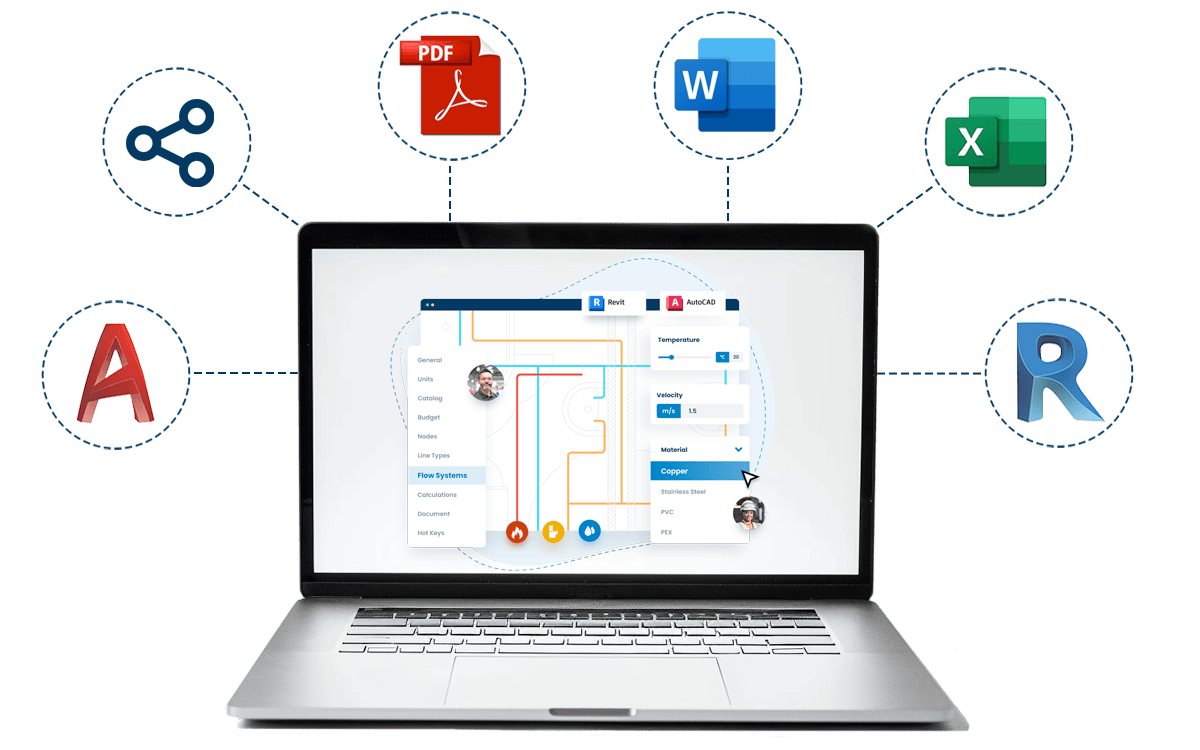
What's in the Pipeline?
Get technical resources delivered to your inbox weekly!
Testimonials
What Installers Say
What Consultants Say
A game changer for the humble plumber. Incredible.
Brad Winkel
Director at Queenstown Plumbing
Brilliant, simple and easy to use. Game changer.
James Major
Director at Hubb
Big time game changer to the industry!
Viv Jude
Director at UHC
Incredible software! Super user-friendly and allows you to save so much time.
Devni Gamage
Engineer at DMA
h2x is great software, our company use it nearly every day. It is easy to use with direct conversion from h2x to Revit.
Callum Craig
Engineer at WDE
h2x is fantastic software. It is very easy to use and the ability to output to Revit is a fantastic time saver.
Joe Kirrane
Engineer at MEP

